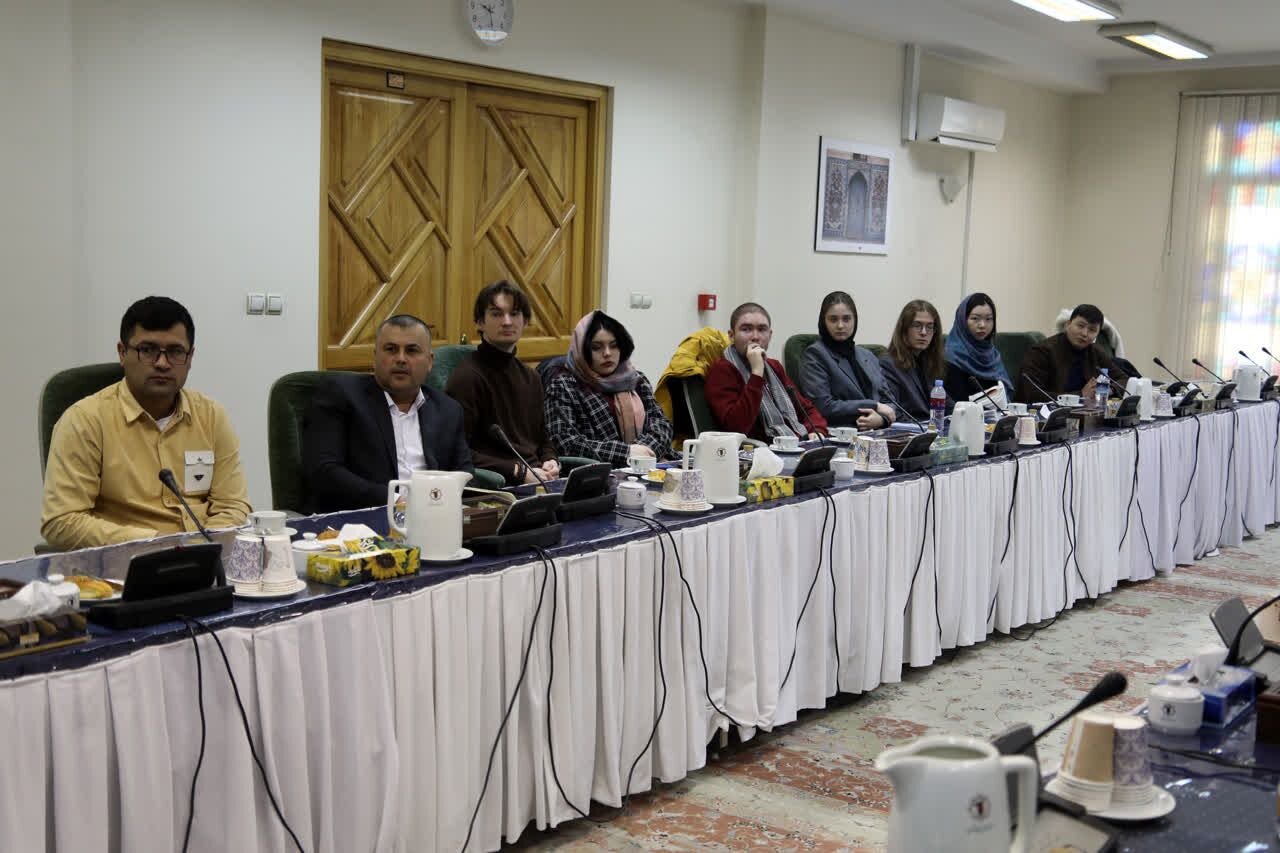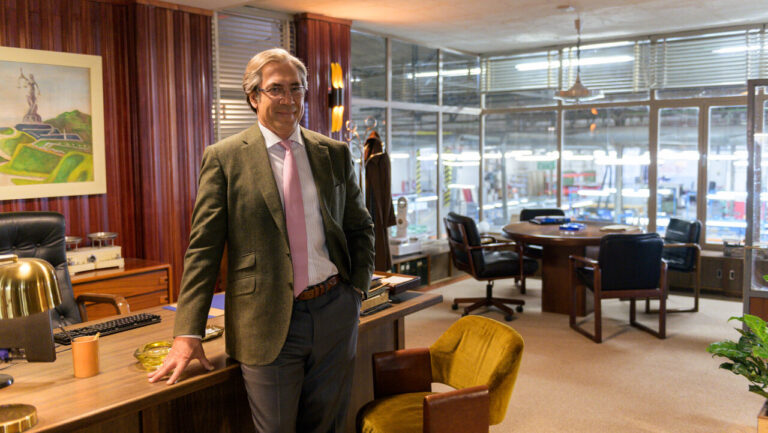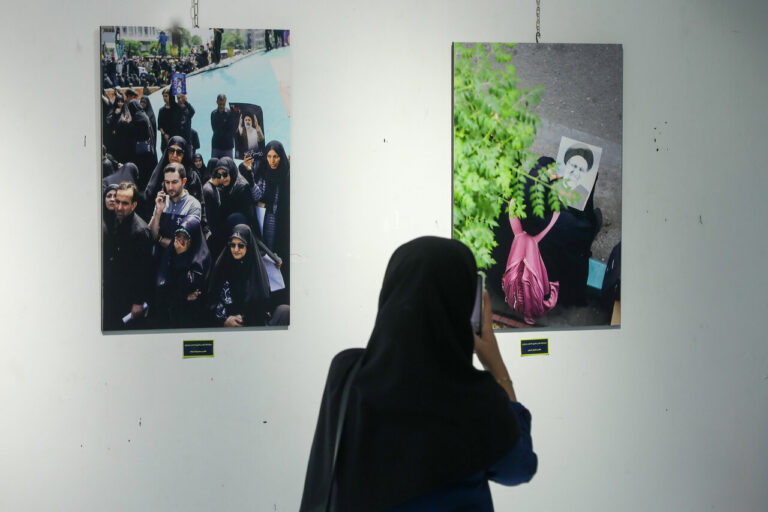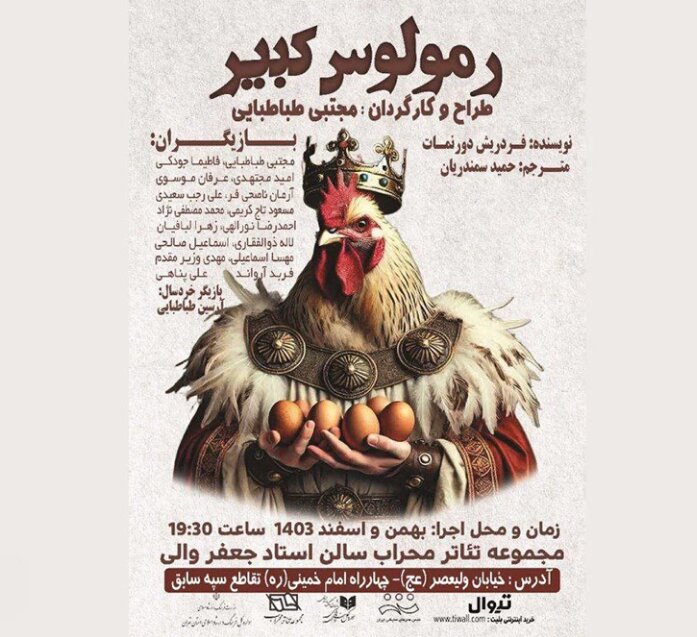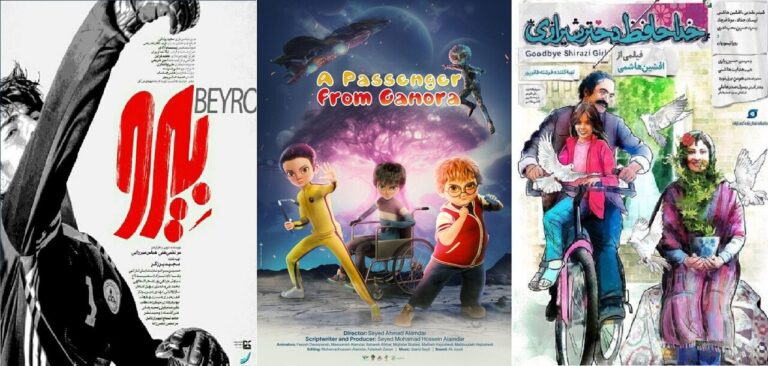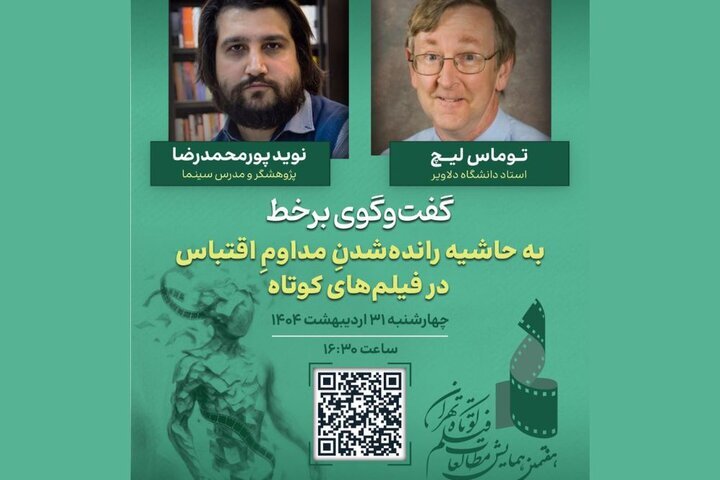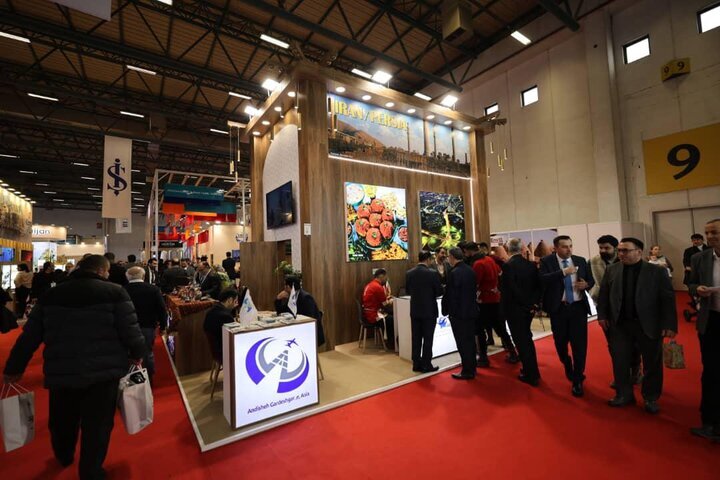Exploring Iran: A Deep Dive into History, Culture, and Civilization for International Students
The Iranology Foundation in Tehran is currently hosting an engaging knowledge-enhancement course focused on Iranology for a diverse group of students from Russia, Uzbekistan, Kazakhstan, and Kyrgyzstan. These students, all proficient in the Persian language, are participating in a two-week program designed to deepen their understanding of Iran’s rich history, culture, and civilization through a series of educational initiatives, specialized workshops, and field trips to significant historical and cultural sites.
This comprehensive course has been developed by the Iranology Foundation in collaboration with the Islamic Culture and Relations Organization, aiming to foster greater knowledge about Iran and strengthen cultural ties with countries in Eurasia.
In exclusive interviews with the Tehran Times, two course participants shared their insights regarding their Persian language skills, personal experiences in Iran, and the perception of the Islamic Republic in their home countries.
- Azat Bokoloev from Kyrgyzstan is a translator and interpreter for Iranian companies, having studied Persian at the Faculty of Oriental Studies, Kyrgyz National University.
- He shared, “My father is a writer in Kyrgyzstan. He is quite strong in literature and has a love for Persian literature.”
- Bokoloev explained that learning Persian aids in acquiring other Central Asian languages due to the shared linguistic heritage, especially with Uzbek and Kazakh.
This marks Bokoloev’s fourth visit to Iran, where he has explored cities such as Mashhad, Isfahan, Qom, Kashan, Tehran, and Gorgan. He expressed enthusiasm about discovering new aspects of Iran each time he visits, praising the warmth of the Iranian people, the delightful cuisine, and the numerous historical sites.
“Every time I come to Iran, there is always something new and interesting to discover,” he said. “I would love to see other parts of Iran, like the southern, central, and northwestern cities.”
Addressing the issue of Iranophobia perpetuated by Western media, Bokoloev remarked, “As a country in Central Asia, we share the same heritage as Iran, including Nowruz, and we do not experience Iranophobia in our country.” He concluded, “Iran has always been our friend. Our people admire Iran and recognize its strength. I always refer to Iran as my second home.”
Another participant, Uktamali Ravshanov, hails from Bukhara, Uzbekistan, where he is pursuing a Ph.D. in history at Bukhara State University and leads the History Department at the Bukhara Museum, one of the world’s oldest museums, housing 140,000 artifacts, some originating from Iran.
- Ravshanov explained his exposure to the Persian language: “Bukhara is a tourist city on the Silk Road and is home to four languages: Uzbek, Tajik, Persian, and Russian.”
- He visited Iran for the first time last year, spending four months learning Persian and traveling through cities such as Shiraz, Yazd, Isfahan, Kashan, Hamedan, Kermanshah, and Mashhad.
When discussing perceptions of Iran among Uzbeks, Ravshanov noted, “For the people of Uzbekistan, the first impression is that it is a religious country. Following that, they think of its ancient history, culture, literature, and music.”
Iman Nezamzadeh, the vice president of international and scientific cooperation at the Iranology Foundation, elaborated on the course’s objectives. He stated, “Iran, with its ancient civilization and rich culture, has always piqued the interest of scholars worldwide. This course offers participants a chance to gain a deeper understanding of Iranian history and identity.”
Nezamzadeh highlighted that the two-week program includes theoretical classes, educational workshops, and visits to historical sites in cities like Tehran, Kashan, and Isfahan. He emphasized the significance of cultural exchanges, noting, “Participants can serve as cultural ambassadors for Iran in their home countries.”
Looking ahead, Nezamzadeh expressed hope for the program’s expansion, aiming to enhance scientific and cultural interactions between Iran and other nations. “We plan to hold similar programs for different regions and prioritize neighboring countries while considering international affairs,” he remarked.
He clarified, “We do not aim to impose anything through these courses but rather to create an environment where participants can enjoy firsthand experiences.” Nezamzadeh shared that last year’s course for Georgian students led to follow-up visits and further connections.
The Iranology Foundation, established in 1997, serves as a hub for students and scholars passionate about Iran’s rich history and culture. The foundation’s goal is to provide a comprehensive understanding of Iranian civilization and collaborate with international Iranologists. Through its Department of International Scientific Cooperation, the foundation identifies talented individuals and institutions eager to explore Iran’s cultural and historical richness.
By forming connections with various entities, the Iranology Foundation aims to enhance scientific and research efforts related to Iranian studies, fostering a global appreciation of Iran’s heritage.
